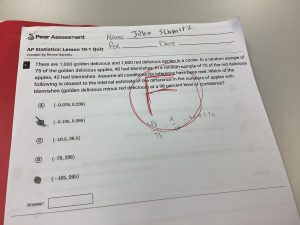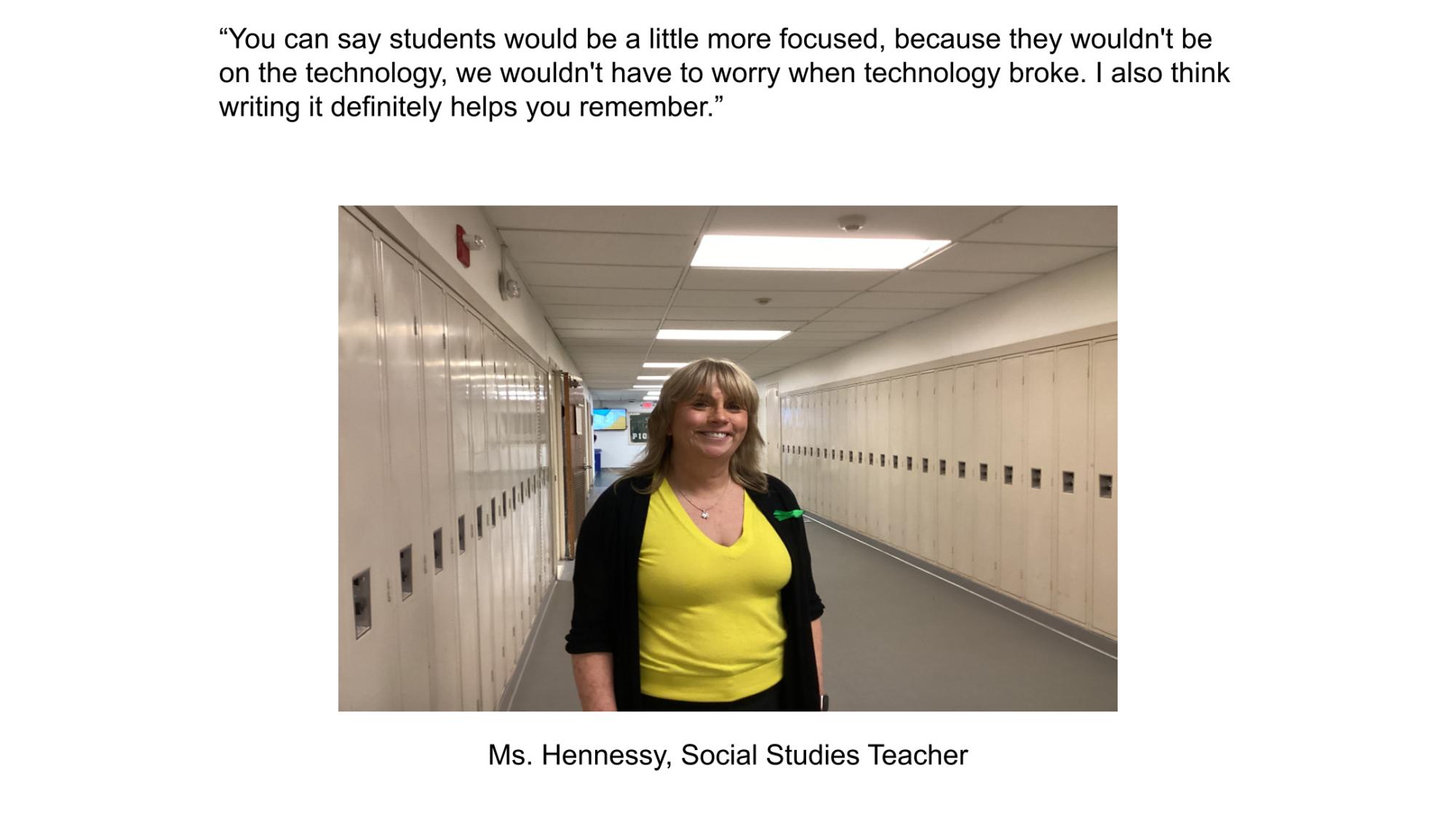The Secondary Impact of the Coronavirus
March 31, 2020
You likely have seen the videos or pictures of people hoarding goods like toilet paper at the checkout line. Maybe you’ve even firsthand experienced the price gouging that comes with a disaster and people trying to make a profit. However, looming on the horizon is a much darker economic problem.
Government officials have emphasized the importance of social distancing, however with social distancing comes the slowing of the movement of currency. Despite people rushing to buy toilet paper, milk, and butter the ebb and flow of cash has hit a very literal wall.
As of today (March 30th, 2020) the Dow Jones has risen 2.51%, however oil companies have plummeted an abysmal 6%, the lowest it’s been in 18 years.
“What is becoming clear is the pandemic is going to force a “very deep recession,” said Nariman Behravesh, chief economist at research firm IHS Markit.
This initially wasn’t intended. Social distancing guidelines had been based on prior outbreak patterns. Now, however, the disease trajectory has made economic costs and predicting them nearly impossible. Philipp Carlsson-Szlezak, a writer for the Harvard Business Review magazine has stated, “The multiple dimensions of the crisis are unprecedented and unknowable. In this uncharted territory, naming a global recession adds little clarity beyond setting the expectation of negative growth.”
Despite social distancing policies helping stem the tides of the disease’s growth, new waves could always make the economic chokehold even worse. The window for social distancing — the only known approach to effectively address the disease — is short. In Hubei province it was missed, but the rest of China made sure not to miss it. In Italy the window was missed, and then the rest of Europe missed it too. In the U.S., still constrained by insufficient testing, the early window was also missed. At the moment, late actors on the policy have had a bleak economic outlook to say the least.
“For example, consensus estimates for initial unemployment claims in the U.S. were around 1.6 million this week, but the figure came in at 3.28 million — an historically unprecedented figure, about five times greater than the largest weekly increase in the global financial crisis,” Martin Reeves, another Harvard Business Review writer stated.
As of now the Dow Jones, has dropped roughly 8000 points since the outbreak began around Mid February. But you may have been wondering, how does this affect you? Well other than the tidal wave of unemployment that’s hit and the massive plunge, a recession has been expected for a while now, however up until the outbreak few knew when it would hit. Now, economists expect it within the next few months. The major result would be the devaluing of the American dollar.
That means no more hoarding toilet paper, but it also means you can’t buy it either. When the recession does hit it result in rising prices. Some have dared to say it may be worse than the crash of 2008. Few can actually predict what will occur, however what is known is that when it comes it won’t be good.


















Chris Kelaher • May 30, 2020 at 6:33 PM
Great piece, Simon. Thoughtful and informative. I’m glad I had a chance to read it. Keep up the great work.